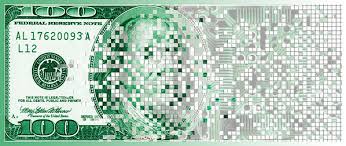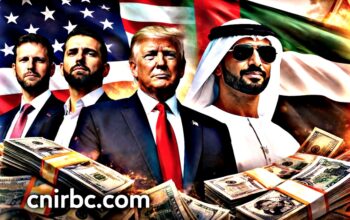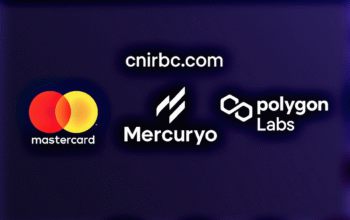What you need to know about the “Banking for All Act”
In the midst of the coronavirus crisis, a new bill has hit the senate floor that is very important for cryptocurrency enthusiasts and community members to be familiar with. This bill has risen out of the sudden necessity to issue payments on a mass basis to the general population. As you can imagine, these monthly payments for relief have posed quite a problem in the form of being unable to facilitate payments in a timely and accurate manner. Digital currency presents a possible solution to this problem, shortening the amount of time that might be necessary to recover from the pandemic.
Important concepts in this bill
This bill refers to a number of important concepts that you will need to be familiar with if you hope to understand the exact implications of the bill and what it could mean for the future.
Members vs. Non-Member Banks
One of the most important concepts is the difference between member and non-member banks. The reason is that in the bill that is proposed, member banks of the Federal Reserve would be mandated to open digital currency accounts for their account holders to allow for the disbursement of digital currency. There are many banks that have chosen to not be part of the Federal Reserve and instead are monitored by the FDIC.
Pass-Through Digital Wallets
Under the Banking for All Act, large banks in the United States would be required to create wallets for their account holders to help facilitate payments to individuals. Additionally, these banks would be prohibited from charging fees and interest on these accounts to prevent any bank from preying on the most vulnerable.
Links Between the USPS and Federal Reserve
In this bill, one of the most important elements is the partnership between the USPS and the Federal Reserve. Though people that are able to have access to their digital cash accounts should be able to easily get to a location, low-income housing areas are susceptible to restrictions on their ability to travel and retrieve their funds from ATMs.
In this matter, the USPS will prove to be a very valuable partner for the Fed. They will distribute information and deliver items when necessary to help the general population to access their funds and find a location to claim their digital cash from an ATM. It has been observed that this is a testing case for the US to issue their own digital currency to compete with China and other countries.
Benefits of Using Digital Currency
Though the United States government has been able to pass the most drastic piece of disaster relief legislation in history, there remain struggles to helping people around the country recover from the economic disaster that this situation has turned into. One of the most significant challenges has been being able to disperse emergency funds in a timely and accurate fashion.
Though traditional methods of transmitting money have largely had a hard time with this, digital currency is perfectly suited for it. With digital currency, the Federal government would have a much easier time dispersing payments on time and accurately to the millions of people that are eligible.
US-Backed Digital Currency
While many are looking at this from a practical standpoint, others are looking at it from a strategic point of view. The United States could very well be using emergency payments as a testing ground for their own US-backed digital currency, which would be a very intriguing development for anyone who is enthusiastic about digital currency.
The ramifications of this are obviously enormous, and at second glance it seems obvious that the US would try to mimic what other countries like China have already done in creating a digital currency that makes payments easier and more secure, especially in times like these. It remains to be seen what the long-term goal of this proposal would be, but digital currency enthusiasts are encouraged by the fact that a switch in thinking of these proportions is even in consideration.
Long-Term Implications for Cryptocurrency
While many are excited at the prospect of using digital currency for mass payments from the Federal government and future use in our everyday lives, it doesn’t necessarily mean that they would opt to use Bitcoin or another popular cryptocurrency. In fact, it would seem likely that the US government would choose to create and issue its own digital currency for this purpose. For some, this is the worst possible outcome as it will be turning what was once a beacon of freedom and financial independence into yet another government-controlled, inflated currency.
On the other hand, any widespread use of a completely digital currency could serve as a good PR campaign for more mainstream cryptocurrencies and show the world what they are capable of.
Written By F. Roberts & C. Lambardo, CNIR Staff Writers
Source: S.3571 – Banking for All Act 116th Congress (2019 – 2020) pdf.
Link: https://www.congress.gov/bill/116th-congress/senate-bill/3571/text



